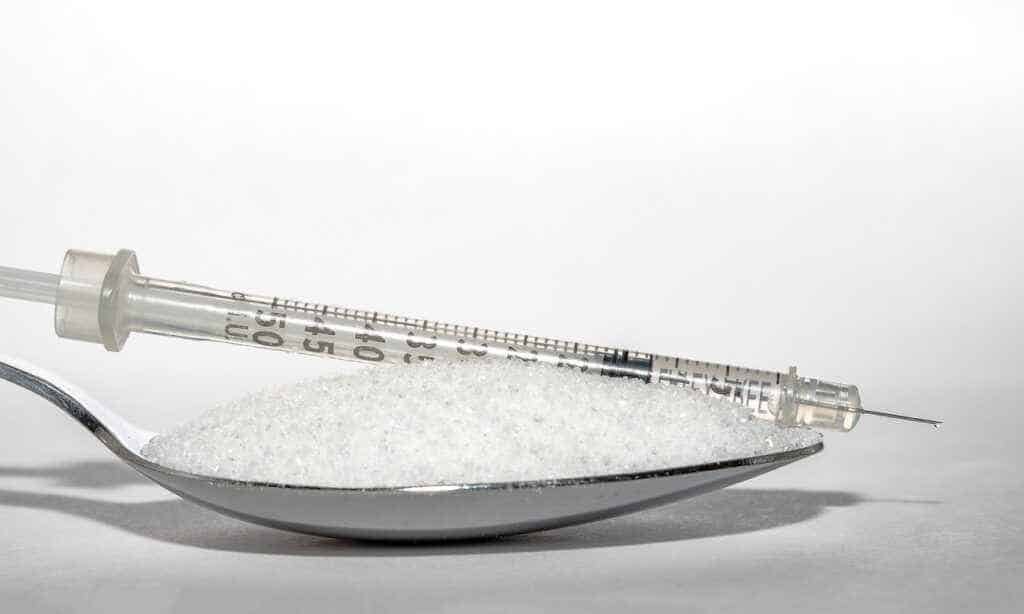The pancreas produces insulin, which is a gland below your stomach. It enables your body to utilize glucose as an energy source. A variety of carbohydrates contain a form of sugar which is glucose. The digestive tract breaks down carbs and converts them to glucose after a meal or snack. The lining of your small intestine then absorbs glucose into your circulation. After that, insulin help in treating diabetes and breaking down the sugar in your body and uses it as a form of energy.

Insulin also aids in the regulation of blood glucose levels. When your blood sugar levels are too high, insulin tells your body to store the extra glucose in your liver. When your blood glucose levels drop, such as between meals or when your body is under stress or needs an extra boost of energy, it releases glucose.
Now understand what happens when you are suffering from diabetes. Natural insulin is not produced by the body in enough quantity, thereby increasing blood sugar levels. This can have disastrous consequences if not controlled. Therefore, insulin therapy is used for the patients whose body is not able to make natural insulin. We can safely say that insulin help in treating diabetes patients.
Insulin therapy
Because there isn’t enough insulin to transport the glucose into your body’s cells, your glucose levels will continue to climb after you eat. Type 2 diabetes patients do not utilize insulin effectively and do not generate enough insulin. Type 1 diabetes patients produce little or no insulin. High blood glucose, if left untreated, can lead to problems including blindness, nerve damage, and renal damage.
Doctors use Insulin therapy to treat this disease. This type of treatment is extremely common in medical science. Recognize the importance of insulin in controlling your blood sugar and preventing diabetic complications.
The objective of external insulin
Insulin treatment is necessary if you have type 1 diabetes because your body does not generate enough insulin. This may be required for patients with type 2 diabetes or gestational diabetes if previous therapies have failed to keep blood glucose levels within the target range. Insulin therapy keeps your blood sugar within your desired range, which helps to prevent diabetic complications.
Insulin types
There are numerous kinds of insulin available, each with a different rate and duration of blood sugar regulation. Often, your doctor will advise you to use more than one type of insulin. Your doctor will examine criteria such as the kind of diabetes you have, your glucose levels, and how much your blood sugar swings when determining which forms of insulin you require and how much you need.
Insulin isn’t available in tablet form since it would be broken down by the digestive system before it could accomplish its job. However, there are a variety of insulin administration options. Your doctor can assist you in determining which option is best for your lifestyle and treatment requirements. It can take the shape of pens or pumps, for example. Finally, while insulin therapy might be taxing at times, it is an effective approach to reduce blood sugar levels.





